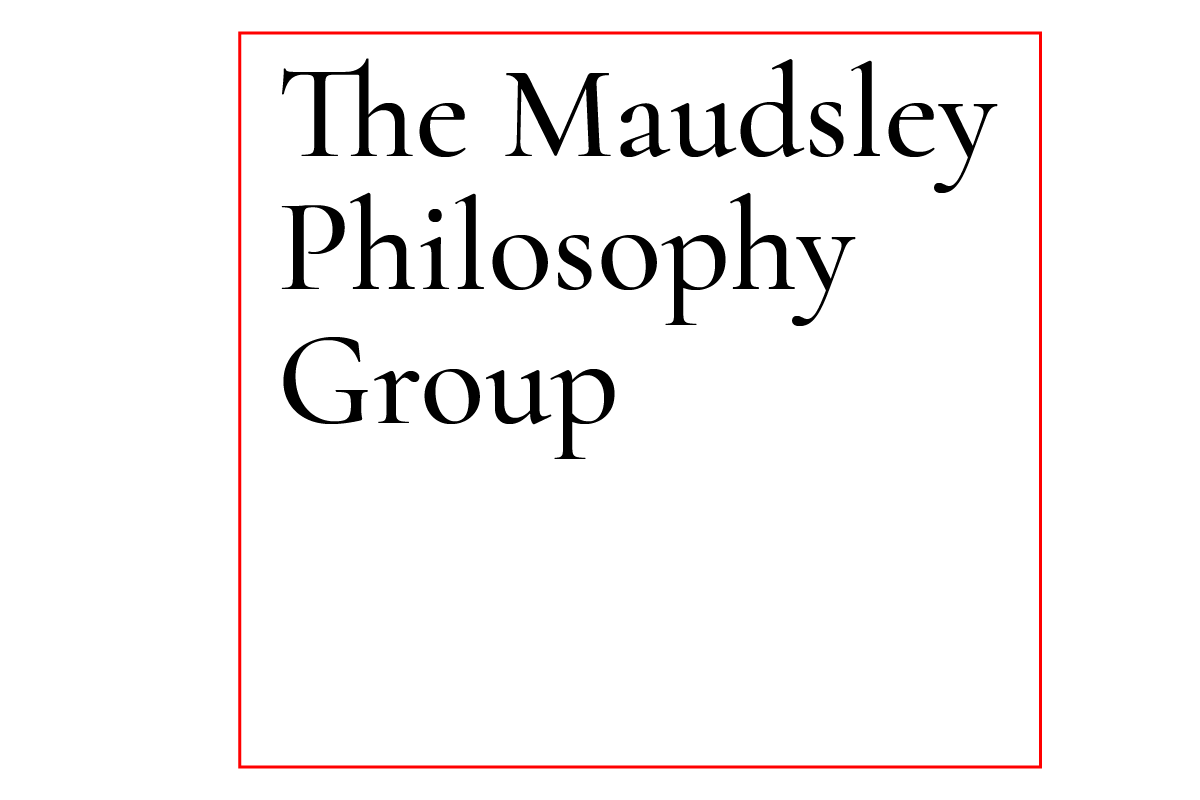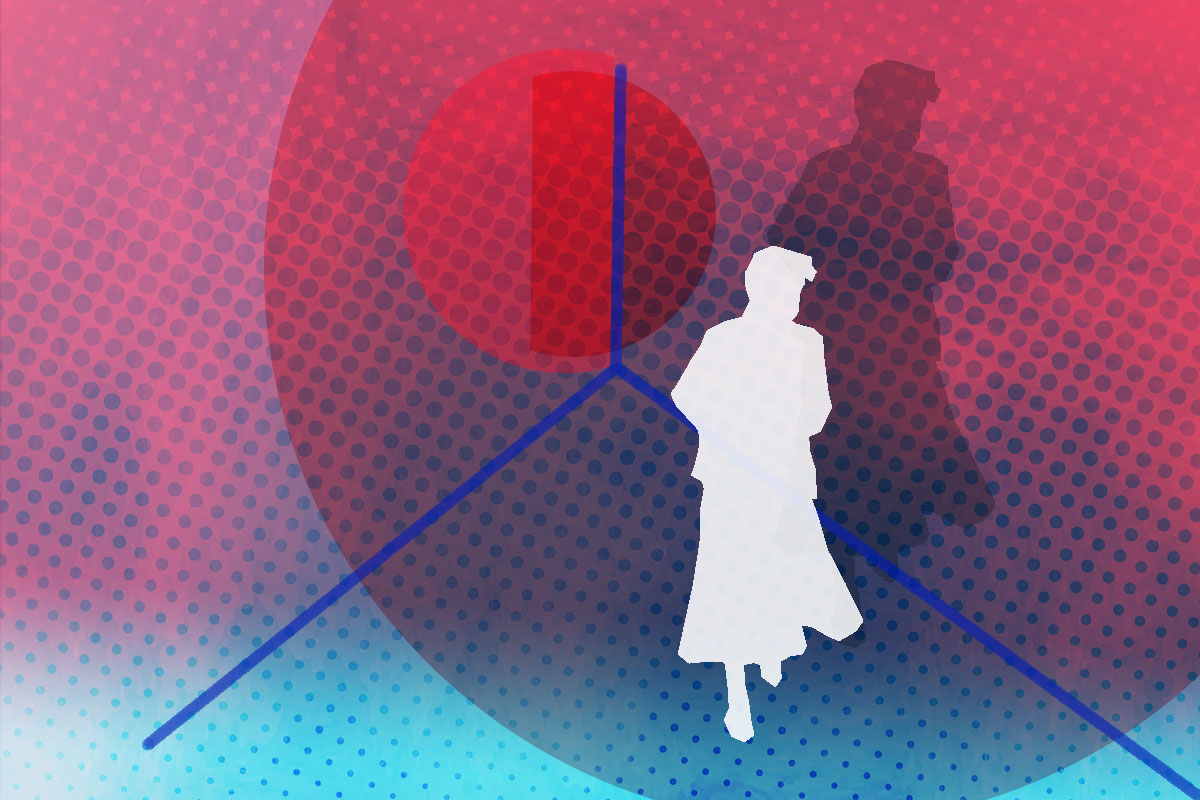
"Go back to the things themselves"
- Edmund Husserl (founder of the phenomenological movement)
"Psychopathology is applied philosophy"
- John Cutting (former Consultant Psychiatrist at the Maudsley and Bethlem Hospitals)

Phenomenology
Phenomenology
Phenomenology, or ‘the phenomenological movement’, is a philosophical tradition with origins in Europe in the 19th century.
It is primarily interested in the human experience of time, body, self, emotion, etc. and has had a wide influence across the sciences, arts and humanities which continues to this day.
One of its most interesting, but less known, interactions has been with psychiatry. Influence has been bi-directional with psychiatry learning from phenomenology and phenomenology from the unusual forms of experience which patient have and which psychiatrists encounter.
The Maudsley philosophy group has worked to uncover this remarkable interaction between the phenomenological movement and psychiatry and make it relevant to a new generation of mental health researchers, practitioners and policy makers.
This has been through a combination of historical work [link to Karl Jaspers conference and Maudsley Reader] and through seminars and lectures exploring contemporary topics. A link to MPG resources on phenomenology is here [link to publications from people active in the MPG on phenomenology highlighting John Cutting’s work]
Previous Phenomenology Events
Hallucinations as a Reality
6 October 2020
Prof Markus Gabriel
Feeding & eating disorders as disorders of embodiment and identity
6 November 2019
Prof Giovanni Stanghellini
- The organic-functional distinction in psychiatry and neurology (video)
- Samuel Taylor Coleridge on Proto-psychiatry
- The Phenomenology of Social Distancing
- Hallucinations as a Reality
- Feeding & eating disorders as disorders of embodiment and identity
- Conceptions of Self and Metamorphosis in Greek myth
- ‘I am’ and ‘It is’: Reflections on the Embodied Subject
- Mental Disorder and Autonomy: Classical and Romantic Perspectives


